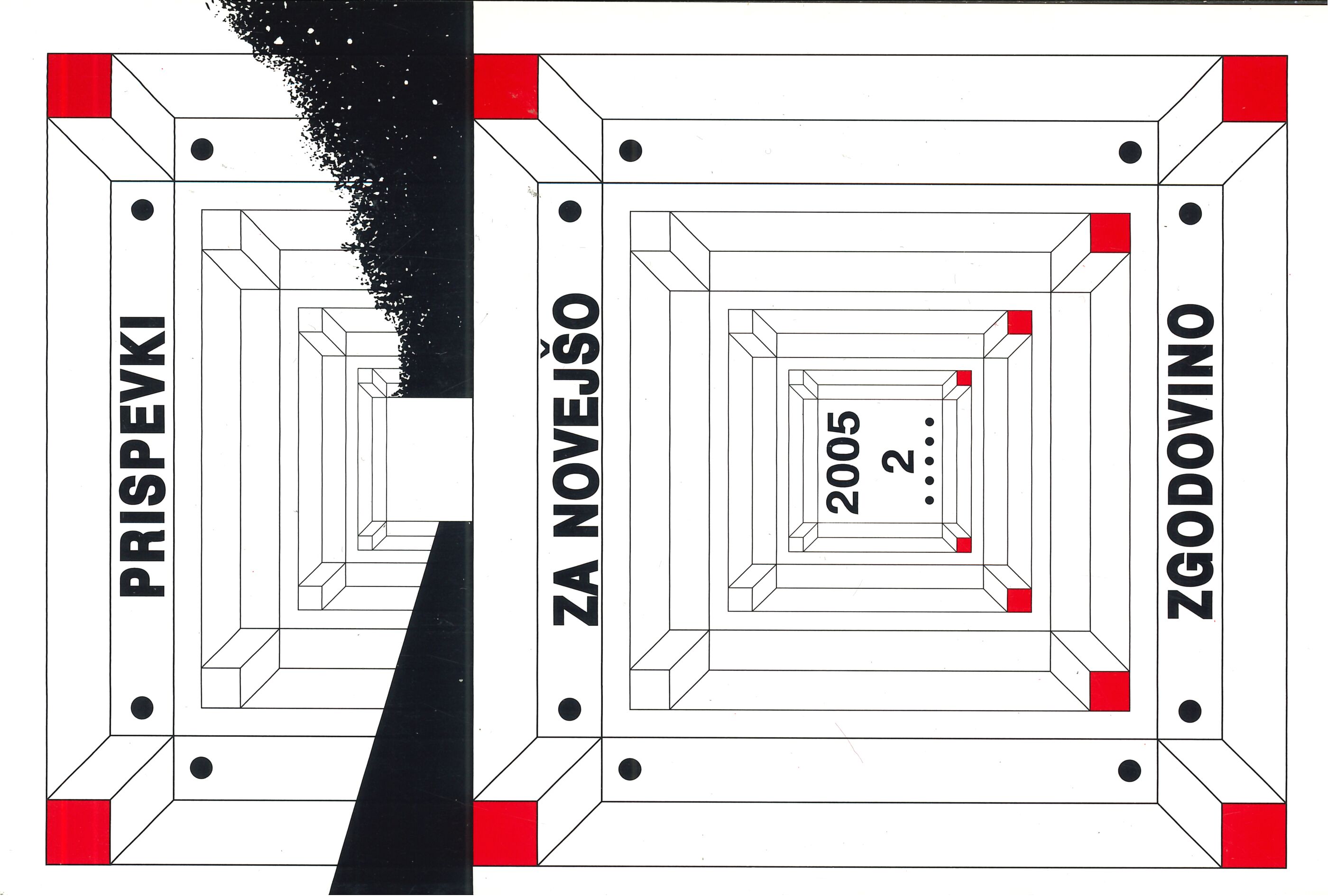Opposition in Slovenia after 1945
Keywords:
Slovenia, opposition, communism, Democratic Youth AllianceAbstract
In the paper, the author presents two different views on the strength of political opposition in Slovenia after 1945, The first, shaped by leading communist politicians after the war, claimed that there was no real opposition in Yugoslavia, apart from the "reactionist forces" which brought about the collapse of the first Yugoslavia. The second, however, which developed during the democratization period while the communist regime was gradually declining, spoke of a strong opposition which was allegedly suppressed under the terror of the communist secret police. After relativizing and putting into question both views, the author goes in search of those people in Slovenia who, through clearly expressed views, declared themselves for principles which were fundamentally different from those held by the ruling Communist Party. He concludes that, unlike Serbia and Croatia, there was very little in the way of opposition in Slovenia, ¡his was due not only to the secret police terror, which was equally applied throughout the country, but also to a different political development during the war.
Downloads
Published
Issue
Section
License
Authors who publish with this journal agree to the following terms:
- Authors retain copyright and grant the journal right of first publication with the work simultaneously licensed under a Creative Commons Attribution License that allows others to share the work with an acknowledgement of the work's authorship and initial publication in this journal.
- Authors are able to enter into separate, additional contractual arrangements for the non-exclusive distribution of the journal's published version of the work (e.g., post it to an institutional repository or publish it in a book), with an acknowledgement of its initial publication in this journal.
- Authors are permitted and encouraged to post their work online (e.g., in institutional repositories or on their website) prior to and during the submission process, as it can lead to productive exchanges, as well as earlier and greater citation of published work (See The Effect of Open Access).


